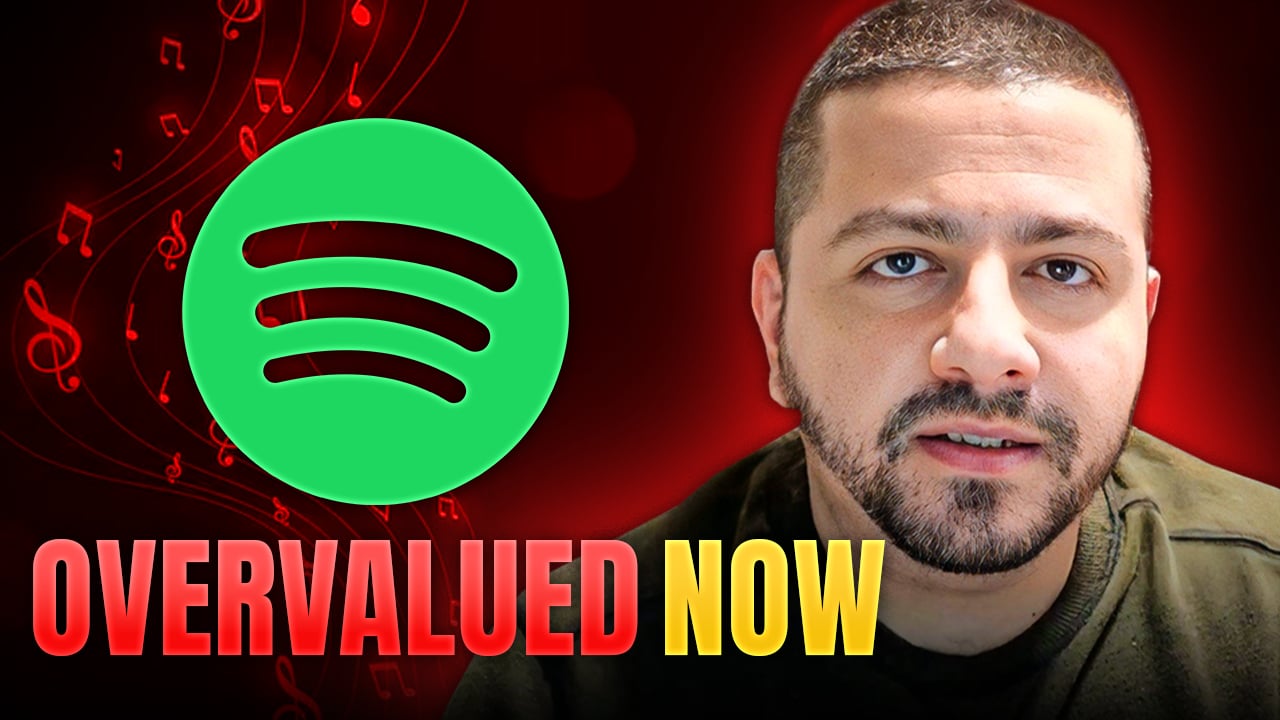Spotify (SPOT +1.18%) just recently made its public debut, and provided some guidance for the full year to boot.
In this segment from Industry Focus: Tech, analyst Dylan Lewis and Motley Fool contributor Evan Niu take a closer look at that guidance and what it means for the company's next few quarters. Find out what Spotify's growth trajectory looks like for this year and further out, why the company's monthly active user count is so promising, why Amazon (AMZN 3.42%) Music Unlimited's recently disclosed "tens of millions" of subscribers is a good thing for Spotify, and more.
A full transcript follows the video.
This video was recorded on April 6, 2018.
Dylan Lewis: Evan, to wrap up the show, we got some more data from Spotify about what 2018 might look like. What should investors expect?
Evan Niu: Spotify did provide some guidance for how their first quarter closed out. They released some estimates right before the quarter closed, kind of ballpark numbers. Total monthly active users are about close to 170 million, plus or minus a couple of millions. Premium subscriptions are at about 75, again plus or minus a couple. And revenue was about $1.4 billion. That gives investors kind of a baseline of how the first quarter went.
Spotify didn't provide guidance for the second quarter quite yet, but what they did also provide is full-year guidance, so, they gave a little bit more of a long-term forecast. And for a full-year 2018, they're expecting 198-208 million monthly active users, which represents growth of 30-36% or so, and 92-96 million Premium subscribers. So, a lot of really nice trajectory on the Premium side of the business, which is obviously where all the money comes from. Revenue for the full year should be $6-6.5 billion. Gross margin 23-25%, compared to 21% last year, which, as we talked about earlier, is really just because they've been able to get some concessions from record labels on their costs. So, we are seeing some nice expansion on gross margin. Every little bit's going to help there.
Lewis: Yeah, every little bit's going to help. The growth that we've seen over the past couple of years I think will probably slow unless we see something dramatically change with their business. I think at points over the past couple of years, it's gone from somewhere in the 11% range all the way up to the low 20s now, and if they're targeting somewhere in the 23-25% range, I do wonder how much more they're going to be able to stretch that. The big lever for them -- again, going back to the idea of them being similar to Netflix -- is, maybe they hit a point where they can start raising prices without really annoying customers, because they're getting enough value there. I certainly think that I'd be willing to pay more than $10 a month for music streaming. The tricky part is, when you have an undifferentiated product like they do, and the switching costs aren't super high, people could just decide to go to Apple Music instead.
Niu: Right. And I think that, if you look back, like you mentioned earlier, there's a big premium that the market is assigning to each of these Premium subscriptions. And if you look over the past year, Spotify ended up disclosing their private market transactions in their filings. The stock has been soaring in the private market throughout 2017. There's a pretty strong correlation between the value of the stock in the private market and the Premium subscribers. So, with them forecasting a pretty nice uptick for the next year on Premium subscribers, and if the market continues to put a big premium on these subscribers, then that could be a case for why there might be more upside even though, as we've discussed, there are some other concerns that we have with the business.
Lewis: And what is maybe the most optimistic number for me with Spotify is that that 200 million monthly active user count. They are the largest player in the space. Apple is there, but it's really Spotify's space. That is a tiny, tiny, tiny portion of the overall number of consumers who want music. So, the market here is massive. The growth runway is really big. It's really just a matter of whether the economics for this business wind up turning into something that can be a profitable business. That's the sticking point for me.
Niu: Right. And as of right now, Spotify and Apple Music combined have about 110 million paid subscribers. Interestingly, today actually, Amazon announced -- in the way that Amazon does, very vague -- that Amazon Music Unlimited does actually have tens of millions of subscribers. So, who knows if that's 20 million or 90 million. [laughs] Your guess is as good as mine there.
But, it's an interesting data point, because they've never disclosed that before. As a quick reminder, Amazon Music Unlimited is Amazon's separate streaming service that's very comparable. It's about $10 a month -- well, they have a couple different price points, but it's the same service, where it provides on demand access to a large catalog of music. It's different from the Amazon Music that is bundled into Prime itself, because that one has only two million songs or something. So, that's kind of like something that Amazon throws into Prime. Then, they separately offer this Music Unlimited subscription.
So, the fact that they have tens of millions of subscribers also, apparently, is kind of good news for the whole industry. Because like you said, this is a big market, and lots of people are going after it. And it's a growing market. Paid streaming is really where the market is heading. So, yeah, it turns out that market is a little bit bigger than we thought.







